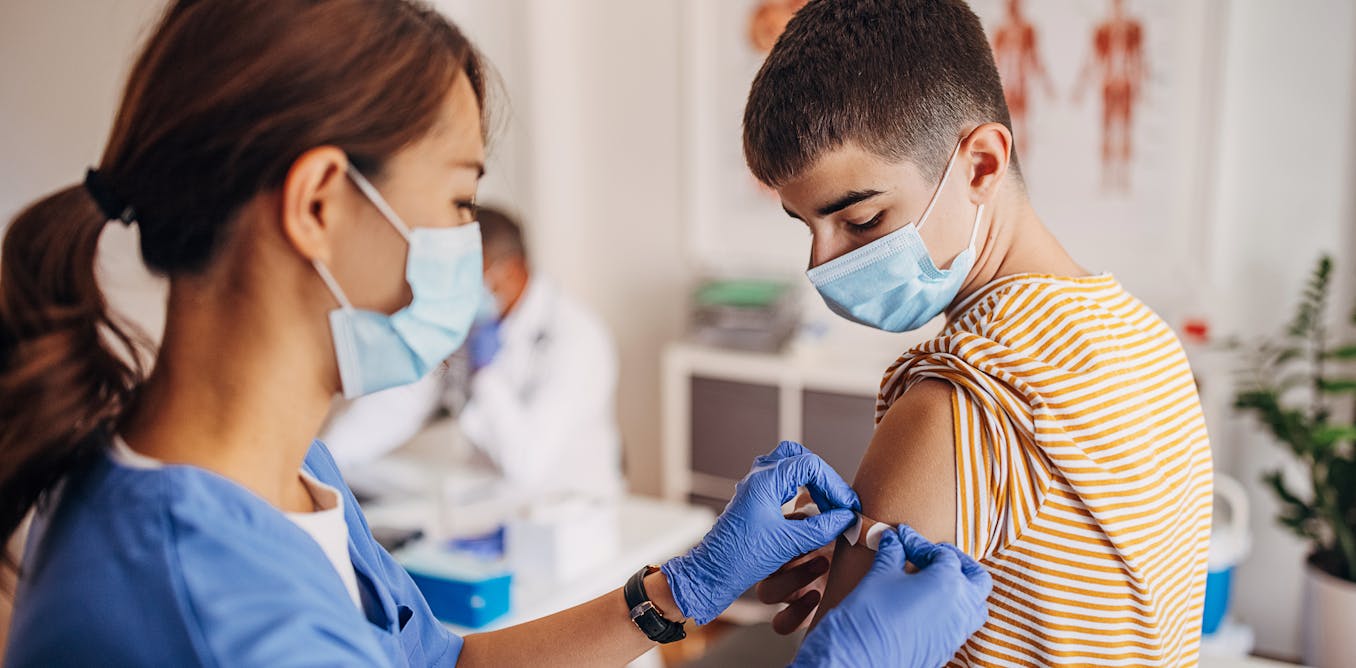Adults judge children who tell blunt polite truths more harshly than they do liars
Kids need to learn when little lies are the right choice. But research suggests parents may not be clear in the messages they send about how they value the truth.
Feb. 8, 2023 • ~4 min










